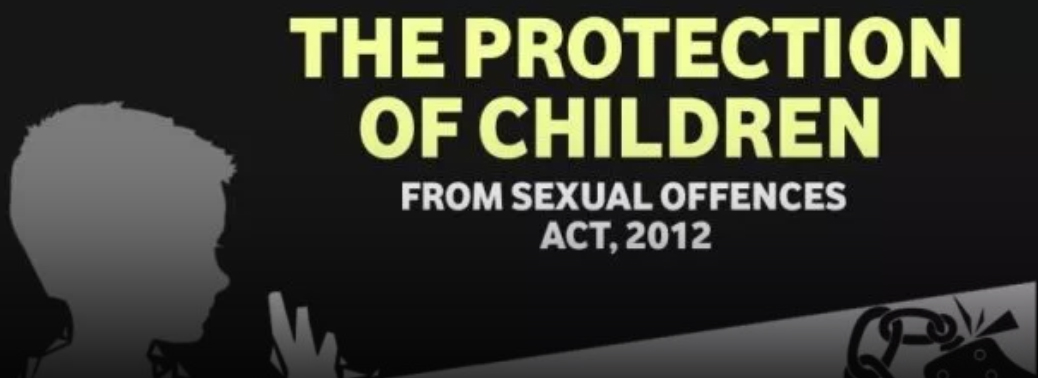PROTECTION OF CHILDREN AGAINST SEXUAL OFFENCES ACT (POCSO)
12, Jul 2019

Prelims level : Governance- Policies
Mains level : GS-2 Welfare schemes for vulnerable sections of the population by the Centre and States and the performance of these schemes; mechanisms, laws, institutions and Bodies constituted for the protection and betterment of these vulnerable sections
- Context– Cabinet has approved a new definition for child pornography in its amendments to the POCSO Act.
What is POCSO Act:
- The POCSO Act provides for the protection of children from offences of sexual assault, sexual harassment and pornography.
- The Act lays down child-friendly mechanisms for reporting, recording of evidence, investigation, and speedy trial offences through designated Special Courts.
- The Act defines “child” as any person below 18 years of age.
Stats of Child Abuse:
- Child Abuse Report, Women and Child Development India, 2007
- Half of the country’s children face some form of sexual abuse, with 21% having faced severe sexual abuse.
- Boys account for around 53% and girls for 47% of all children reporting abuse.
Features of POCSO Act 2012
Aggravated Sexual Assault
- The POCSO Act criminalises penetrative and non-penetrative sexual assault. It makes a distinction between “sexual assault” and “aggravated sexual assault”.
- “Aggravated sexual assault” is under certain circumstances where the child victim is mentally ill or when the offence has been committed by a person in a position of trust or authority (e.g. family member, police officer, teacher, or doctor;)
Special Courts and Public Prosecutors
- The POCSO Act requires that all trials be conducted in-camera, to ensure that a child’s identity is not revealed.
- The Act requires State governments to set up Special Courts.
- These Courts can determine the amount of compensation for the treatment and rehabilitation of the child.
- Cases before the Court must be disposed within one year from the date they were reported.
- State Governments are required to appoint Special Public Prosecutors (SPP) who will exclusively address POCSO cases.
Child-Friendly Courts
- Avoiding exposure to the accused is a crucial component in protecting the best interests of the child, as this ensures that the child is not traumatised by facing the accused, as well as it ensures that the opportunity for the accused and his lawyers to intimidate the child is minimised.
Victim Compensation
- In addition to the punishment, the POCSO Act requires Courts to prescribe a direct payment of compensation. This victim compensation may be used for medical treatment or rehabilitative purposes.
Recent Amendments to bill: / Child pornography
- Watching, possessing or circulating animations or cartoons that depict a minor engaging in a sexually explicit conduct could land person in jail.
- law will also apply to pornographic content where adults or young adults pretend to be children. Fine for possessing child porn to ₹5,000 from the earlier proposal of ₹1000.
Conclusion:
- While the mandate of the legislation is truly radical in that it aims to protect children against sexual abuse, and provides for a victim sensitive criminal justice process, there are several snags in its implementation.
- Serious open discussion on child abuse can and is taking place.
- We need to use this momentum to make lasting systemic change; for our children, it is the least we can do.






